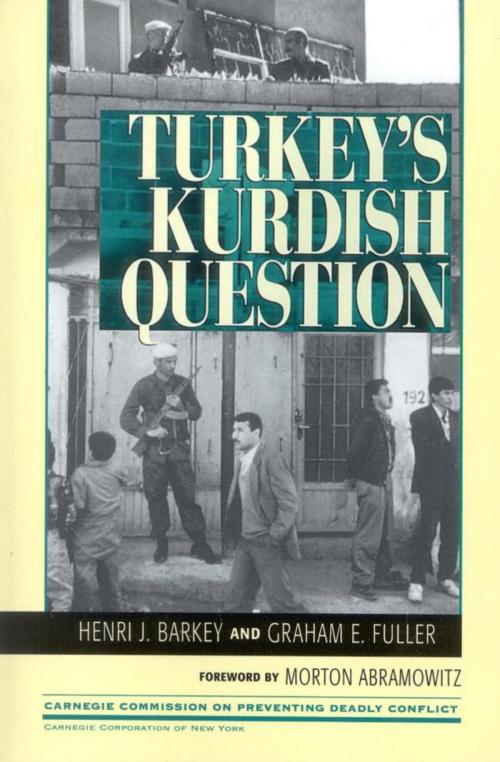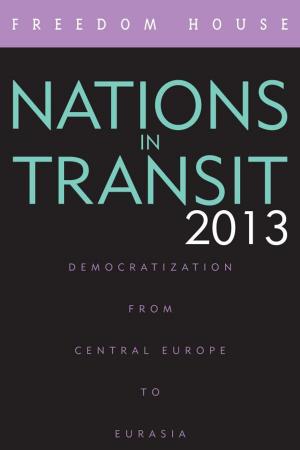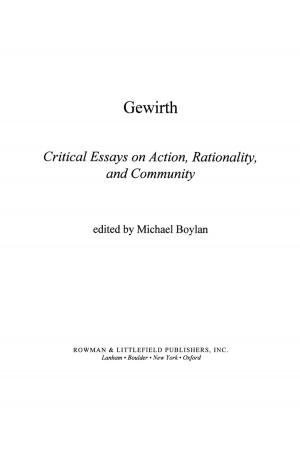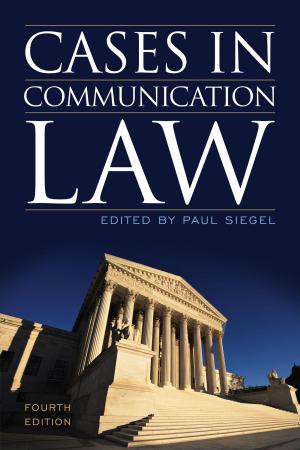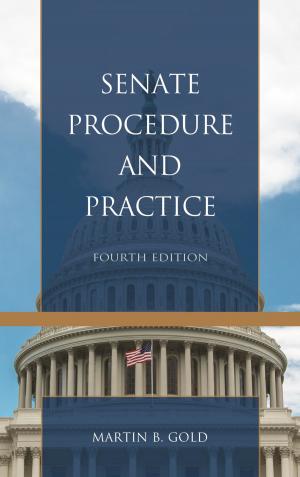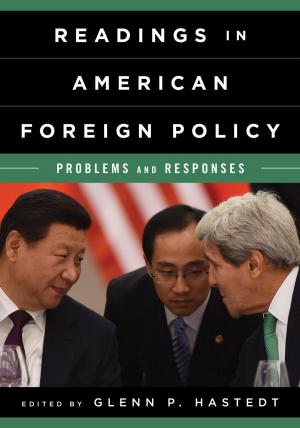| Author: | Henri J. Barkey | ISBN: | 9780585177731 |
| Publisher: | Rowman & Littlefield Publishers | Publication: | January 1, 2000 |
| Imprint: | Rowman & Littlefield Publishers | Language: | English |
| Author: | Henri J. Barkey |
| ISBN: | 9780585177731 |
| Publisher: | Rowman & Littlefield Publishers |
| Publication: | January 1, 2000 |
| Imprint: | Rowman & Littlefield Publishers |
| Language: | English |
The Kurds, one of the oldest ethnic groups in the Middle East, are reasserting their identity—politically and through violence. Divided mainly among Turkey, Iran, Iraq, and Syria, the Kurds have posed increasingly sharp challenges to all of these states in their quest for greater autonomy if not outright independence. Turkey's essentially democratic structure and civil society_ideal tools for coping with and incorporating minority challenge_have so far been suspended on this issue, which the government is treating almost exclusively as a security problem to be dealt with by force. For the West the situation in Turkey is particularly significant because of the country's importance in the region and because of the economic, political, and diplomatic damage that the conflict has caused. If Turkey fails to find a peaceful solution within its current borders, then the outlook is grim for ethnic and separatist challenges elsewhere in the region. This study explores the roots, dimensions, character, and evolution of the problem, offers a range of approaches to a resolution of the conflict, and draws broader parallels between the Kurdish question and other separatist movements worldwide.
The Kurds, one of the oldest ethnic groups in the Middle East, are reasserting their identity—politically and through violence. Divided mainly among Turkey, Iran, Iraq, and Syria, the Kurds have posed increasingly sharp challenges to all of these states in their quest for greater autonomy if not outright independence. Turkey's essentially democratic structure and civil society_ideal tools for coping with and incorporating minority challenge_have so far been suspended on this issue, which the government is treating almost exclusively as a security problem to be dealt with by force. For the West the situation in Turkey is particularly significant because of the country's importance in the region and because of the economic, political, and diplomatic damage that the conflict has caused. If Turkey fails to find a peaceful solution within its current borders, then the outlook is grim for ethnic and separatist challenges elsewhere in the region. This study explores the roots, dimensions, character, and evolution of the problem, offers a range of approaches to a resolution of the conflict, and draws broader parallels between the Kurdish question and other separatist movements worldwide.
